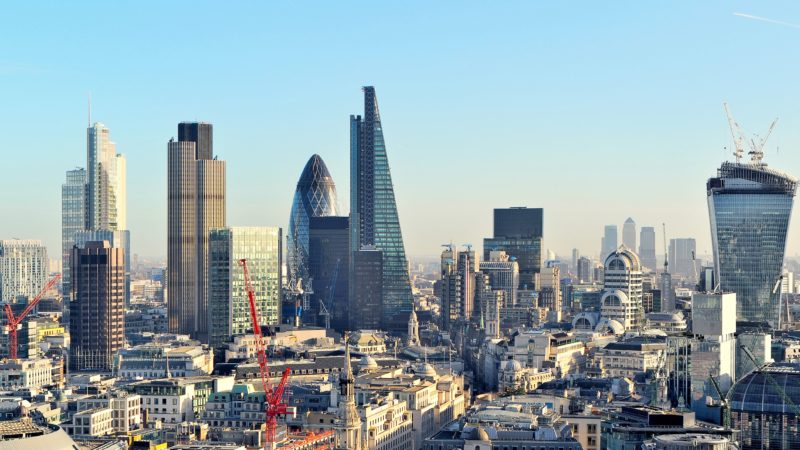Bail-outs must come with strings attached, writes the High Pay Centre's Luke Hildyard.

With markets in freefall, supply chains fracturing and consumer spending drying up as a result of the coronavirus outbreak, UK businesses will require financial support from the government in the coming weeks.
Airlines and airports have already suggested that they will need bail-outs. Other leisure, hospitality, retail and travel companies are also likely to face severe pressure.
It is entirely appropriate for the government to provide funding for businesses employing millions of people that appear to be viable concerns outside the current extraordinary circumstances.
However, in an understandable rush to support jobs and businesses, it is vital not to forget the mistakes of the previous programme of high profile bail-outs. The banking industry was endowed with billions of pounds worth of public money in the aftermath of the global financial crisis, without any requirement to address the well-documented problems with the culture of the industry.
The result was that shortly after the sector was propped up with £850 billion, over 5,000 UK bankers received pay awards worth £1 million or more.
Figures published by RBS, which is still part publicly owned, reveal that it made payments of over €1m to 72 bankers in 2019, and paid 6,128 employees over £100,000. Lloyds paid over €1m to 54 bankers in 2017 (the final year in which the government retained a stake in the business) and paid 4,888 employees over £100,000.
Throughout the period of public ownership, Lloyds and RBS have been repeatedly fined for misconduct issues including LIBOR manipulation, foreign currency exchange manipulation, mis-handling of complaints and IT failures.
Just as public money was used inefficiently during the banking crisis, there remains a risk that bail-outs will support corporate mal-practices today, if thoughtlessly applied. For example, excessive top pay is a problem across multiple industries likely to require a bail-out.
The three highest paid executives of British Airways owner IAG, Easyjet and Virgin Atlantic were paid nearly £6 million between them last year. Meanwhile, the hospitality and retail sectors have been dogged by accusations of poverty pay for low-paid workers and the UK remains a hotbed of questionable corporate tax practices across a range of sectors.
To this end, the High Pay Centre has published a discussion paper suggesting some commitments that might be asked of big business in return for public funding throughout the crisis.
- Public stakes in the business commensurate to the value of financial support, giving the government shareholder voting rights.
- Fair pay at the top – Government should impose maximum pay ratios between the highest-paid and median employees of bailed-out companies at an initial ratio of 10:1, to enable bail-out funding to do more for low and middle earners.
- Fair pay at the bottom – Companies should commit within a set timeframe to paying the real living wage, an independently accredited hourly wage level including to contracted staff.
- Fair tax – Bailed out companies should be required to commit to Fair Tax Mark accreditation. This would also promote more responsible tax corporate practices more generally.
- Worker representation on boards and full trade union recognition.
- Sustainable Development Framework – Setting targets against The UN Sustainable Development Goals and Paris Agreements to measure the social and environmental impact of businesses.
- Commitment to investments in research, training and innovation: moratorium on buybacks and unsustainable dividends – Bail-out agreements should include specific undertakings in terms of investments in productivity (for example, research and design or staff training) and commitments not to pay share buybacks or unsustainable levels of dividend in future.
It is inarguable that public support for business will go further if those businesses are not lavishing seven-figure pay awards on senior management.
Similarly, the extent to which we depend on the collective action of society as a whole, co-ordinated by the state, to support us through a potentially apocalyptic crisis is becoming apparent, for the second time in little over a decade.
We need to ask powerful corporations who are directly supported through this period to behave in a way that reduces future burdens on state and society, by acting as a responsible employer and corporate citizen.
With the government due to announce a policy framework for bail-outs imminently, we hope policymakers will give our proposals proper consideration.
Luke Hildyard is Director of the High Pay Centre.
Left Foot Forward doesn't have the backing of big business or billionaires. We rely on the kind and generous support of ordinary people like you.
You can support hard-hitting journalism that holds the right to account, provides a forum for debate among progressives, and covers the stories the rest of the media ignore. Donate today.



